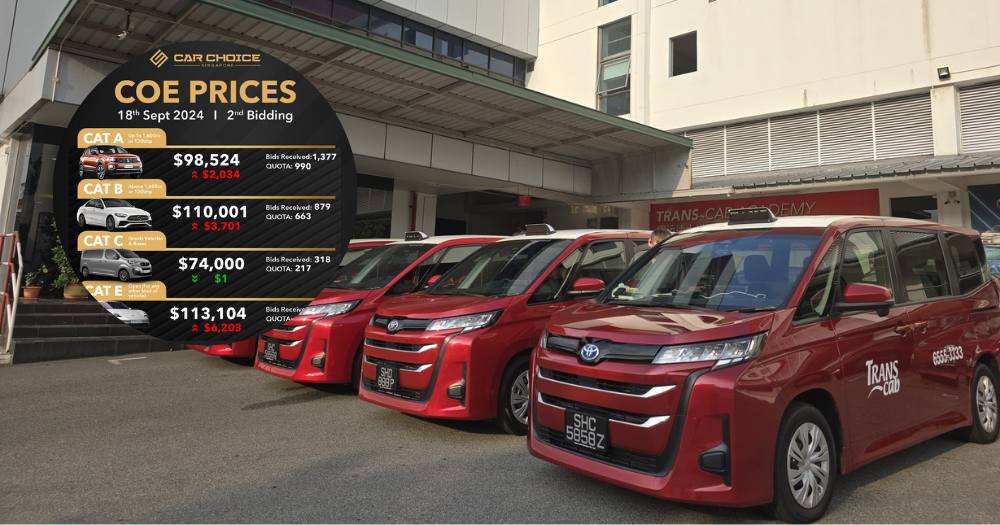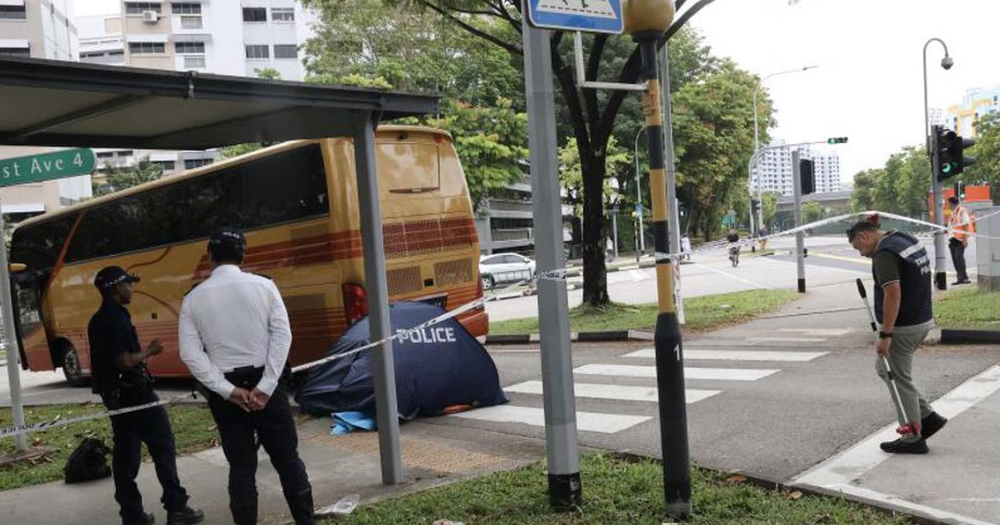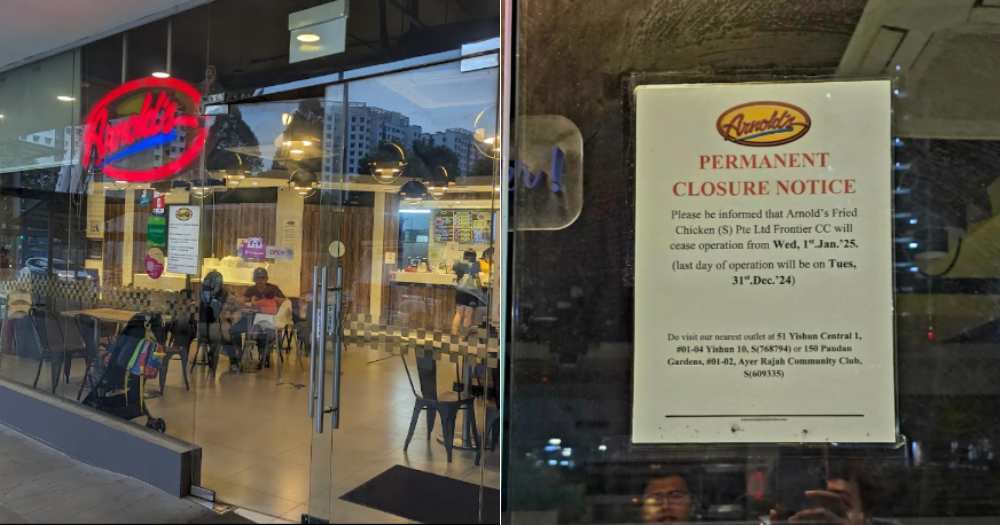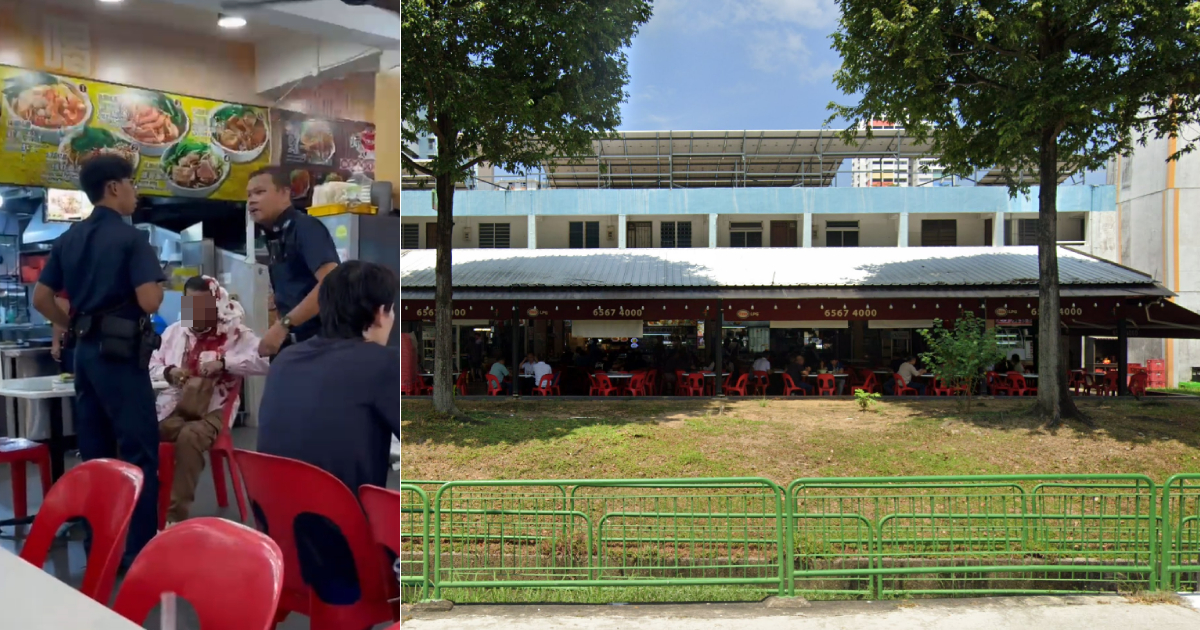No plans to cap number of ride-hailing operators in S'pore: Govt
Senior Minister of State for Transport Amy Khor said COE prices are multifactorial, and observations did not show a conclusive causal link between new entrances and an increase in COE prices.

The Singapore government has no plans to cap the number of ride-hailing operators in the country, said Senior Minister of State for Transport Amy Khor said in parliament on Jan. 7.
Khor also noted that there was no evidence to draw a link between the entrance of new operators and Certificates of Entitlement (COE) prices in Singapore.
This follows the announcement that two more ride hailing operators, Geolah and Trans-Cab, have been granted provisional licences in Singapore from Jan. 1, 2025.
Khor was responding to a question from Tampines GRC Member of Parliament (MP) Desmond Choo about how the addition of the two operators would affect the availability of COEs, the number of private hire cars on the road and ride-hailing fares.
COE demand mostly from local, individual buyers in past 2 years
Khor noted that from 2022 to 2024, the bulk of the demand for Category A and B COEs have been from local, individual buyers.
She added that COE supply for these categories will continue to increase till they reach the projected peak supply from 2026.
As for the supply of private-hire vehicles and the fares for such services, Khor said these are primarily driven by changes in demand for point-to-point trips.
No plans to cap number of platform operators in S'pore
Choo then asked about how the ministry balanced factors such as driver earnings and availability of public transport in determining the optimal number of ride-hailing operators to be added.
Khor replied that point-to-point operators complement the public transport sector by providing an alternative to commuters who do not own cars.
"P to P (point-to-point) is fundamentally a demand-driven transport mode, and the amount of supply is ultimately based on whether there is actually sufficient demand, and not just because of the number of platform operators," Khor said.
"In fact, we have no plans to cap the number of platform operators."
Khor added that the entry of two new operators provides more choices for drivers and commuters, which will benefit them.
"In fact, increased competition would drive innovation as well as service improvements, and help to improve the matching of demand and supply, and both commuters and drivers will benefit from this improved matching."
The government also ensures that platform operators are transparent about their fares and commissions so drivers can maximise their earnings on such platforms based on their driving habits and preferences, Khor added.
Do new operators translate to higher COE prices?
Choo also asked whether the entrance of new platform operators previously led to an increase in COE prices.
Khor responded that there are many factors that affect COE prices, including macroeconomic conditions and COE quota supply.
"Based on our observations, we are not able to draw conclusions about a causal link between the entrance of new operators and impact on COE prices, simply because COE prices are multifactorial in their determination," Khor concluded.
Related articles
Top image from Trans-cab/Facebook & Car Choice Singapore/Facebook
MORE STORIES




















